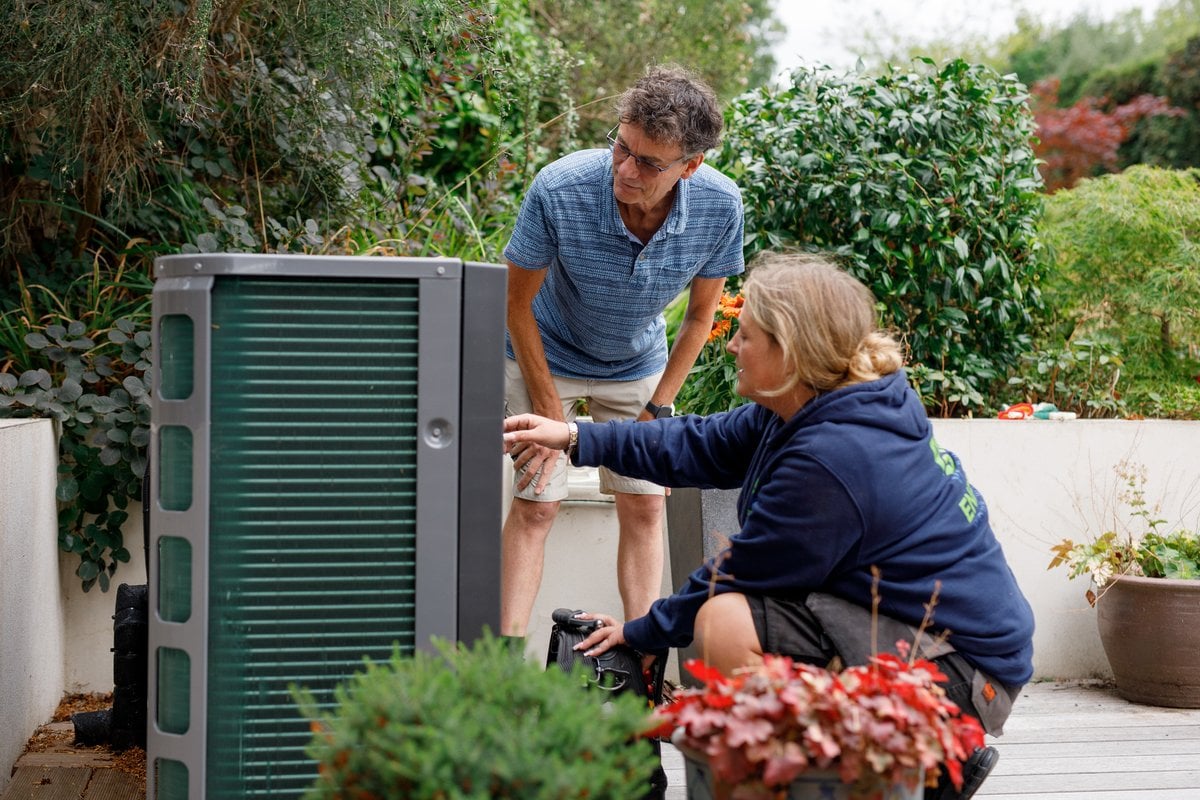The UK government's recent announcement on the introduction of the Warm Homes plan in England, alongside significant reforms to permitted development rights, represents vital progress in boosting heat pump take-up. Reforms such as the removal of the one-metre boundary rule, increased size limits for units, and more flexibility for detached homes are helping to remove major barriers. While these changes are welcome, we believe that to meet ambitious heat pump targets, we must ensure all remaining planning rules are effective and proportionate, not simply another administrative barrier. This work focuses on ensuring the industry's sound standard aligns with real-world noise impact.
Our goal is to provide accurate, independent evidence needed to ascertain whether the MCS-020a sound calculation should be updated. If the gathered evidence demonstrates that the current calculation is overly conservative, and we are successful in advocating for changes to improve accuracy, it could take thousands of heat pump installations out of the planning process every year. This will significantly benefit consumers by reducing installation times and lowering costs, and reducing workloads for local authorities. Crucially, removing this planning barrier will help accelerate the UK's progress toward its heat pump targets and unlock substantial carbon savings.
The MCS-020a standard sets sound limits for residential air source heat pumps (ASHPs). The current MCS-020a sound calculation is the industry standard method used by installers as part of an installation. It determines whether the proposed installation complies with the noise limits set by permitted development rights. If the calculation shows the heat pump will exceed the noise limit, the homeowner must submit a full planning application, which is a costly and time-consuming process.
Despite the calculation having undergone a welcome change earlier this year, we suspect it may still be setting the noise limit bar too high in some circumstances. Because the current method might overestimate the actual noise impact in common situations, some heat pump installations that are quiet enough could fail the planning permitted development rules by a small margin. This would mean many homeowners have to waste time and money on planning applications.
Nesta, in partnership with the MCS Foundation, has commissioned specialist acoustic consultants Apex Acoustics for a robust, 10-month research program, starting in October 2025.
The project is structured into four stages:
- Modeling the standard - We will model the differences between the MCS-020a calculation and more reliable, industry-standard acoustic methods (such as ISO 9613-2). This first stage helps us understand exactly when the current standard might be over-calculating noise.
- Real-world comparison - We will compare these two models in various common scenarios, which are representative of the UK's housing stock, to see how the differences play out in real-life settings.
- Physical validation - To prove the models are accurate, we will physically validate the results by taking on-site measurements using a calibrated sound source at test locations. The first three stages will provide the technical evidence to reduce potential over-conservatism within the sound propagation part of the MCS-020a calculation.
- Resident protection audit - The final stage involves in-situ noise audits of existing heat pump installations to verify real-world impacts and ensure that any proposed changes to the MCS-020a calculation do not lead to an increase in noise complaints.
